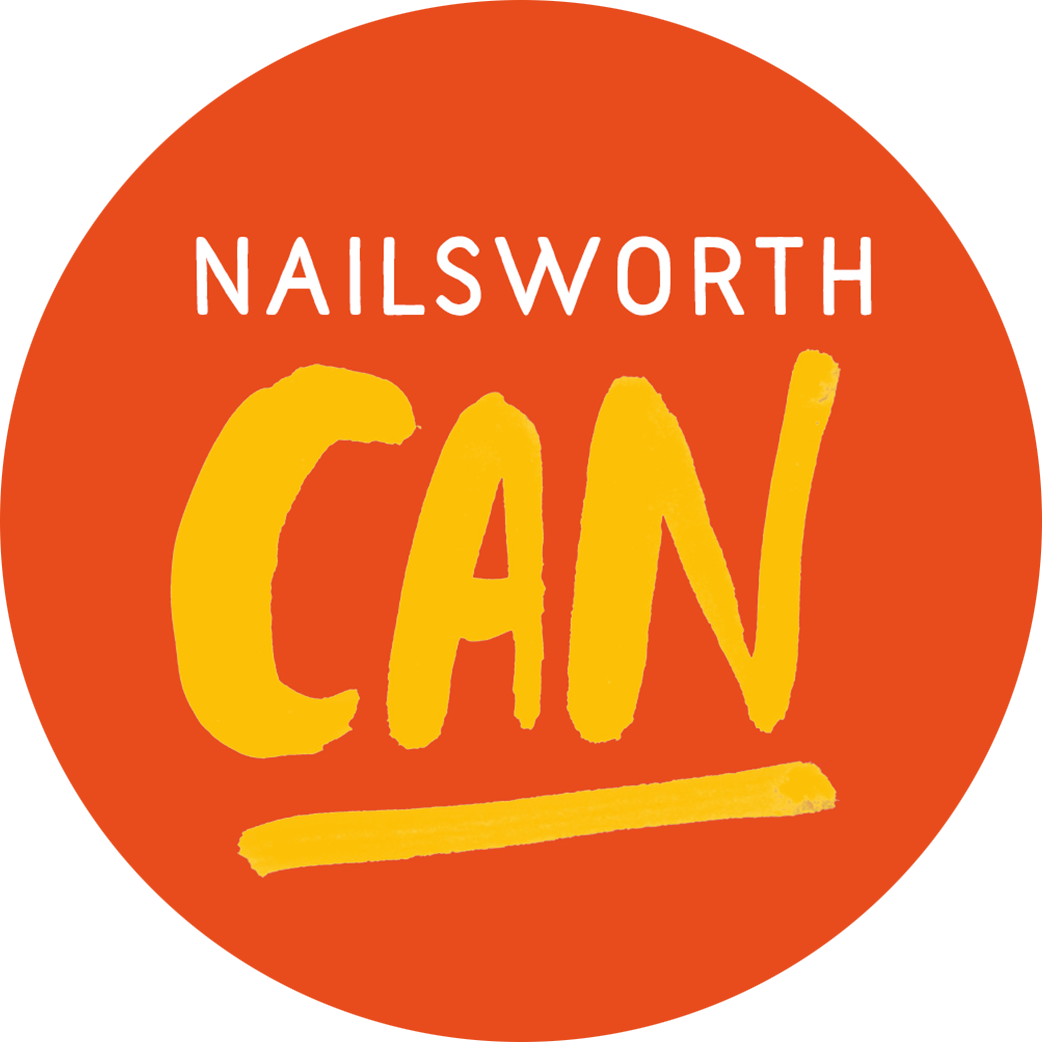What if we could eliminate unnecessary plastic?
Chloe Turner, who works for Stroud District Action on Plastics (SDAP), explored this question in her inspiring and wide ranging talk, in a conversation with Jen Adams, who is on the steering group of NailsworthCAN.
She gave an insight into the work she has been doing to help promote change in the district, working with community groups, schools and businesses. She offered lots of practical tips on how we can all take steps to reduce single use plastics in our lives, starting small.
This is the second in a series of ‘In Conversation With …’ events that NailsworthCAN is hosting on zoom, and making available as a recording here …
There are carbon emissions throughout the life cycle of plastic, as is explained in the film The Story of Plastic, and we know what a serious impact plastic has on our oceans, with millions of items reaching the sea every day. Plastics also have social impacts that are explored in the film.
Films like ‘Drowning In Plastic’ galvanised the British Public, and there is now a high level of awareness of the damage being done to the environment and life on Earth. Micro-particles of plastic can be found everywhere - in the Arctic and in the deepest part of the Pacific Ocean.
SDAP are a voluntary group started by Claudi Williams, who has an inspiring blog, The Joy of Living Without Plastic, highlighting the unexpected benefits, including those for the local economy. SDAP are affiliated with Transition Stroud and has received support from Stroud Town Council and Stroud District Council.
Many will be familiar with the Refill Scheme, which has been championed locally, to enable people with water bottles to refill at participating outlets.
Chloe has been visiting businesses and other organisations to recruit them as plastic ‘champions’ to a nationally accredited Plastic Free campaign. So far, 30 local business champions have signed up. To qualify, they have to identify 3 examples of single use plastic they can eliminate from the business through swapping to a refillable or reusable solution, using something other than plastic, or just going without.
One of the great aspects of the scheme is that businesses can share ideas and solutions, which helps to brings others on board. A workshop was hosted at Renishaw with contributors from Ecotricity, Stroud College, and others.
SDAP run or get involved in events, to inform people, and share ideas.
There are lots of ideas being pursued across the district. For example, in Wotton-Under-Edge, Chloe worked with the Chamber of Trade to create a Plastic Pledge, and with the local climate group (WottonCAN) to organise joint visits to schools.
There was a discussion about how hard it can be for hard pressed families to do ‘the right thing’, especially where young children are involved. It can be so easy to choose a convenience food, and then feel guilty about it. Chloe said we should not expect everything to work out, every day. It takes time to make changes stick.
For those new to the idea of trying to eliminate single use plastic from their lives, she suggested doing nothing at first, but looking at what goes into the recycling bin, and waste bin. Often, there will be an easy to accomplish ‘quick wins’ identified.
Chloe showed a simplified and easy to explain ‘waste hierarchy’:
Refuse
We can start by ‘refusing’ to accept items wrapped in plastic. Or when we find fresh food stuffs wrapped in unnecessary plastic, handing the plastic back with the question ‘why’ to the store!
Refill
Whenever we can, we can refill, as we can do with cleaning products and milk at Shiny Goodness in town.
Reuse
There are reusable alternatives to single use items such as J cloths, sanitary towels, etc.
Rethink
Then there are creative solutions that allow us to rethink how we do things, like the use of Beeswax Wraps from a company based in Nailsworth, in place of cling film. Or how about making your own Yoghurt (it isn’t that hard)?
It can be difficult to navigate the options, particularly in supermarkets. Containers may say they come from recycled plastic, but how much? Unless they say 100% recycled, buyer beware.
When Chloe does talks for children in schools, she emphasises the wider social impacts of plastic, such as we see in the clogged up estuaries that impact indigenous communities who become a dumping ground for plastics from around the world.
At this time of year, we need to be mindful of the plastic that appears in the form of wrapping paper and sticky tape. Little changes can make a big difference.
Chloe has lots of useful information we will be sharing on this website.
The important lesson is not to be overwhelmed. Start simple and take a step at a time. Try out Refuse, Refill, Reuse and Rethink, and don’t be surprised if you start to find creative solutions to reduce your single use plastic.
We can all learn from each other, and a great place to start is SDAP’s website …
https://transitionstroud.org/transition-stroud-action-groups/stroud-district-action-on-plastic-sdap/
Thank you Chloe, for an inspiring talk.
